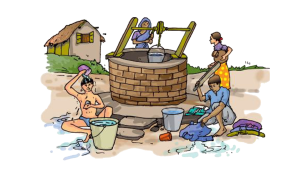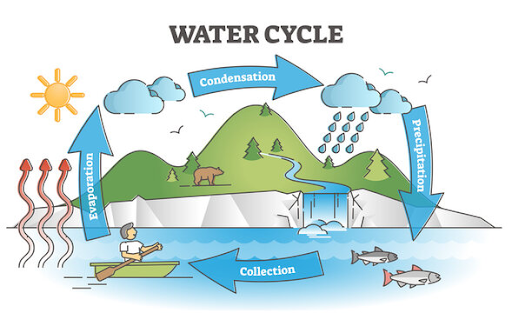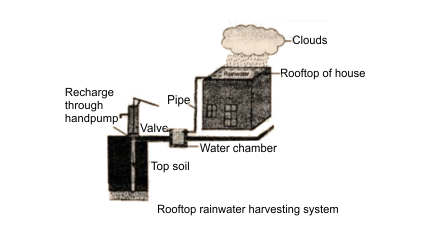Class 6 Science NCERT Exemplar Solutions Chapter 14 Water
FAQs on NCERT Exemplar for Class 6 Science Solutions Chapter 14 Water
1. Is the NCERT Exemplar Class 6 Science Solutions Chapter 14 Water available for free?
Yes, the NCERT Exemplar Class 6 Science Solutions Chapter 14 Water is available for absolutely free only on Vedantu’s website and mobile application. You can visit Vedantu.com and find the PDF file for the NCERT Exemplar Class 6 Science Solutions Chapter 14 Water. To download the file, you will have to sign up on our platform, which is free of cost as well. You will also find plenty of other Class 6 study material such as revision notes and NCERT solutions on our website.
2. What are the benefits of NCERT Exemplar Class 6 Science Solutions Chapter 14 Water?
The NCERT Exemplar Class 6 Science Solutions Chapter 14 Water comes with a lot of benefits. You can use its questions to practice your topics and grow your knowledge of Chapter - 14 Water. With the solutions in this PDF, you will get an idea regarding the presentations of your answers in the exam. These solutions are written in simple language to make them easy to understand. Moreover, some of the solutions also have pictures or diagrams to give you a better understanding of the concept.
3. How can I prepare with the NCERT Exemplar Class 6 Science Solutions Chapter 14 Water?
Once you are done studying the chapter from the textbook, you can refer to the NCERT Exemplar Class 6 Science Solutions Chapter 14 Water for revision. It comprises different types of questions related to Chapter 14 Water. You can try these questions and check whether you have understood the chapter properly or not. If you get stuck on a question, have a look at the solutions provided in the PDF. The answers are explained in detail to help you in revisions and exam preparations.
4. Does the NCERT Exemplar Class 6 Science Solutions Chapter 14 Water cover all concepts?
Yes, the NCERT Exemplar Class 6 Science Solutions Chapter 14 Water covers all the concepts of the chapter. There are questions based on every topic that you have learned in the Class 6 Science Chapter 14 Water. You will find questions on water cycles, uses of water, water management, sources of water, and much more. The NCERT Exemplar Class 6 Science Solutions Chapter 14 Water PDF also provides you with detailed answers to all these questions so that you can strengthen your understanding of a particular concept.
5. Are the solutions provided in the NCERT Exemplar Class 6 Science Solutions Chapter 14 Water PDF accurate?
Yes, the solutions provided in the NCERT Exemplar Class 6 Science Solutions Chapter 14 Water are accurate and reliable. Our subject experts and teachers have researched thoroughly and worked on these solutions to provide you with an excellent resource for revision. All the answers have detailed explanations to make it easier for you to understand. Even for MCQs, you will find an explanation as to why that specific option is correct. So, for revisions and practice, you can rely on the NCERT Exemplar Class 6 Science Solutions Chapter 14 Water PDF.



























